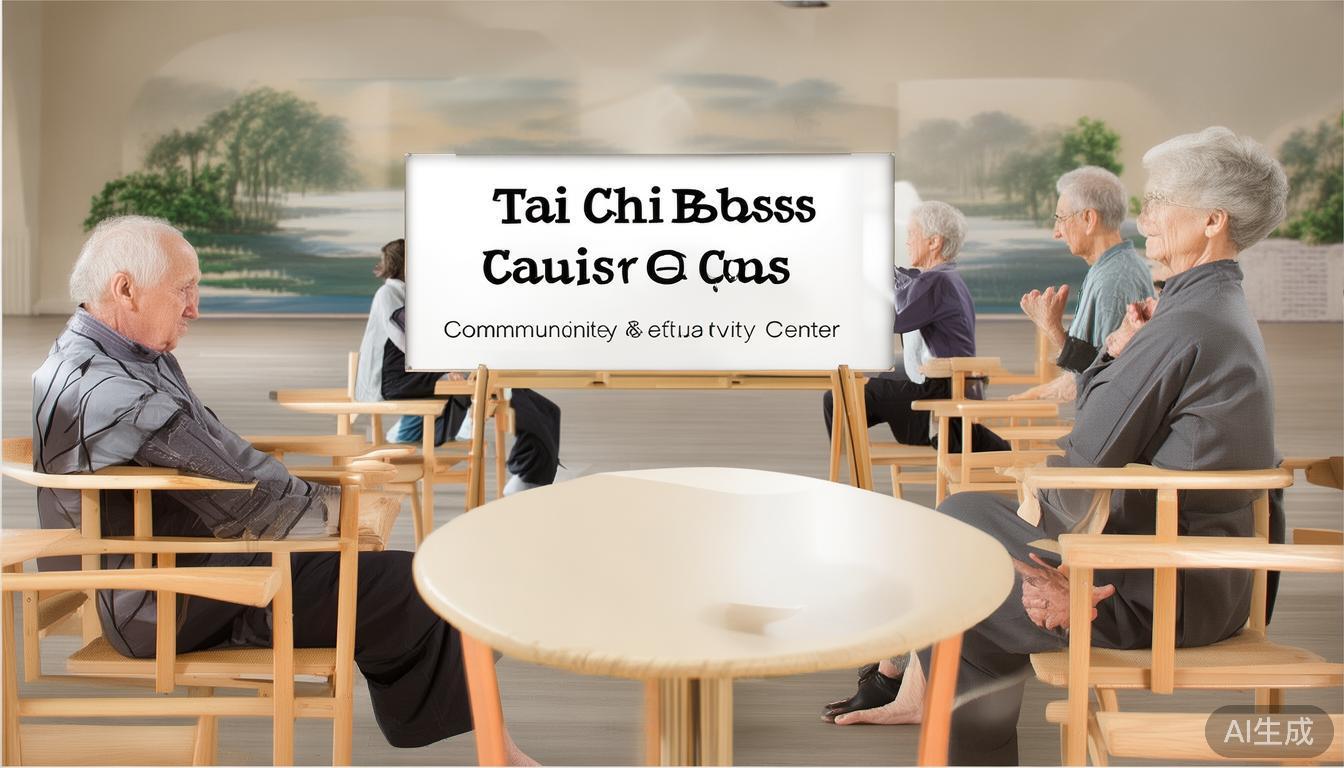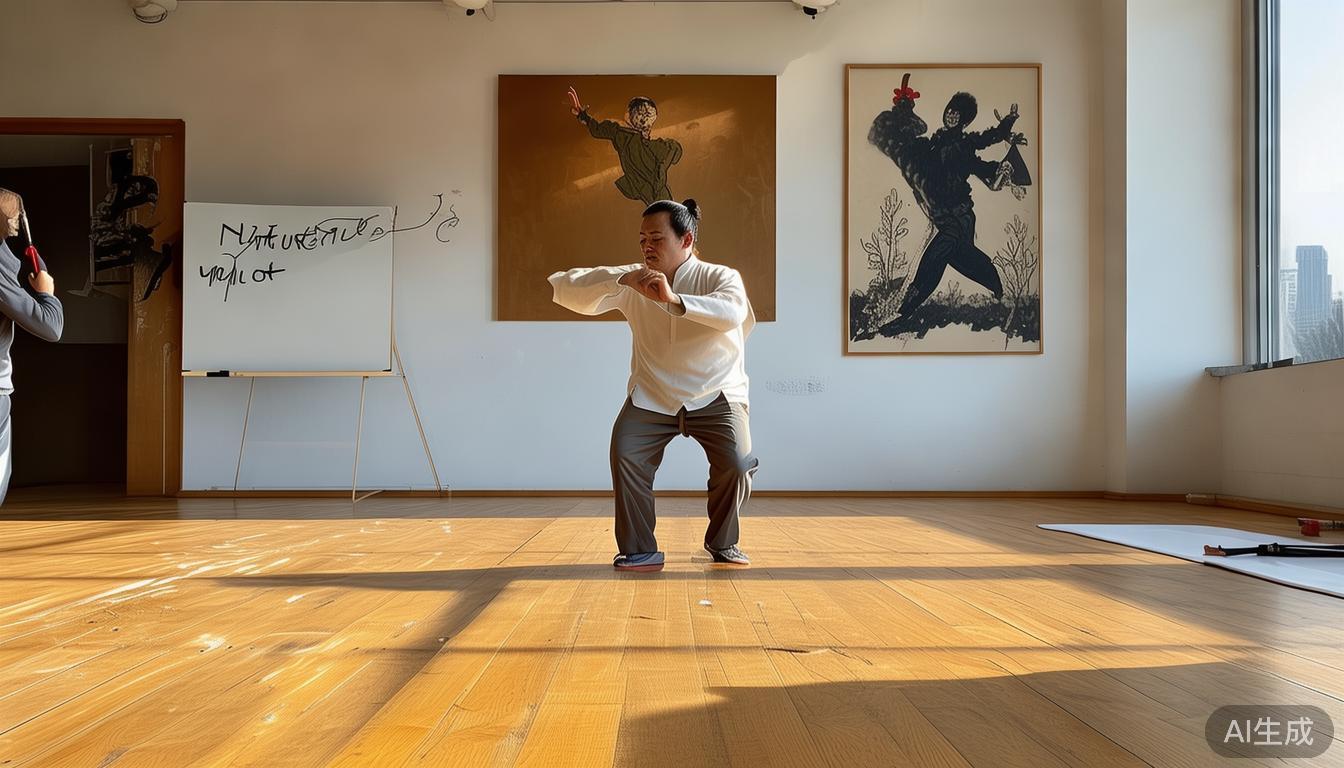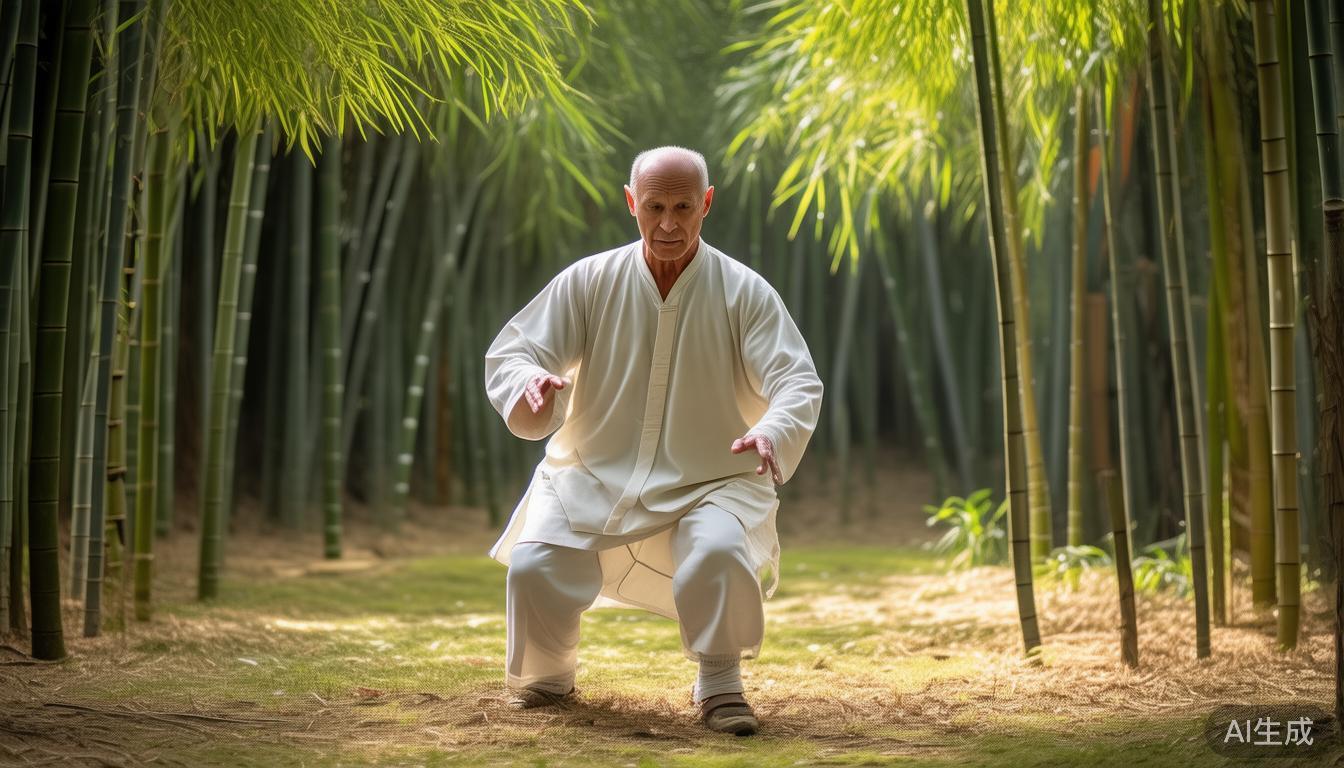Starting to practice Tai Chi after the age of sixty, many people worry that it is too late. In fact, Tai Chi is a very inclusive sport. No matter when you start, you can get different values. I have witnessed with my own eyes that many of my friends at this age have improved their physical condition with the help of Ji Ji and regained the vitality they once had in their lives. The key point is to master the correct methods and techniques, so that Tai Chi can truly meet the actual requirements of this age group.
Specific benefits of Tai Chi for the elderly
Slow and smooth Tai Chi movements can effectively strengthen the legs and improve balance. Tai chi over 60. For people over 60 years old, this is the most natural way to prevent falls. One of my students was afraid to go out alone because of weak knees. After three months of continuous practice, he can now easily go up and down stairs. This change comes not only from the improvement of muscle strength, but also from the overall improvement of body coordination.
Tai Chi combines breathing and movement to regulate internal organ function, and has an auxiliary therapeutic effect on chronic diseases such as high blood pressure and arthritis. The deep and even breathing during practice drives the movement of the diaphragm, which is equivalent to massaging the internal organs. Many students have reported that after consistent practice, the quality of sleep has been significantly improved, and the function of the digestive system has become smoother. These effects are difficult to achieve with drugs.

How to Choose Tai Chi Classes for Seniors
When choosing a course, don’t pursue those fancy routines, but focus on the coach’s understanding of the physiological characteristics of the elderly. An excellent coach will adjust the range of motion according to the student’s physical condition to prevent joint stress caused by excessive knee bending. I suggest that the elderly who are just starting to learn Tai Chi start with simplified eight-position or ten-position Tai Chi. These routines are simple and easy to remember, and are more suitable for people whose memory is declining day by day.
Finding a venue is very important. If it is designed for small class teaching, the coach can pay attention to every small detail of each student's movements. For example, Tai Chi classes held in centers that often hold activities in the community and universities for the elderly will tend to be designed for the elderly. These environments are closer to daily life and can reduce the psychological pressure of students. During the trial class, pay attention to whether the coach emphasizes the principle of "doing what you can", which is the core of making the practice safe.
Common misunderstandings about elderly people learning Tai Chi

Many people who have just started to learn mistakenly believe that the lower the movement, the better the effect will be. However, in fact, doing so will increase the burden on the knee joint. The accurate and correct way to do it is to keep the body in a naturally upright state without using other methods. The height that the movement needs to reach should be such that the body is in such a state that it will not cause pain. Use it as a benchmark to judge without worrying about other things. I often remind students, just like other regular reminders: "Exercising martial arts and Tai Chi skills is not a competition. Comfort is more important than the standard in all aspects, and you must pay attention to it seriously." When you forget that the movements should have the necessary sequence, you should not panic at this time. In this state, you should continue to practice with many people and you will be fine.
Another misconception is that you are eager to succeed, eager to master complex combinations of moves in a short time. The key to Tai Chi lies in the gradual accumulation over a long period of time. Repeated practice of a single move is often more valuable than the entire set of moves. Practicing Tai Chi For Health for twenty minutes every day is far better than two hours of high-intensity training once a week. Keep in mind that at this age, continuity is more important than intensity.
When you practice Tai Chi , what are the biggest difficulties and obstacles you encounter? I am happy to share your experiences in the comment field. If you feel that these suggestions are useful, please like them and submit them to more friends.




